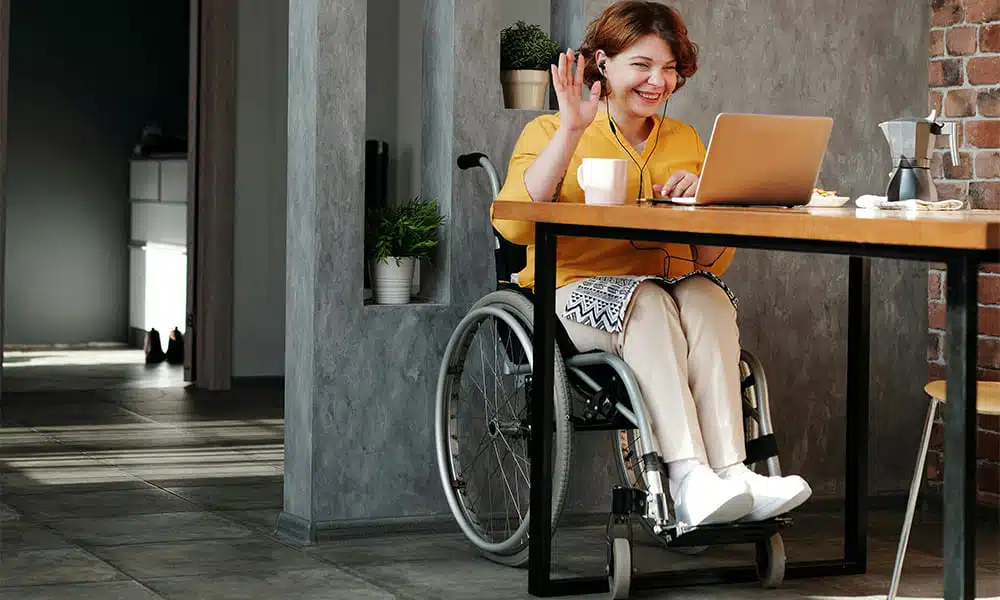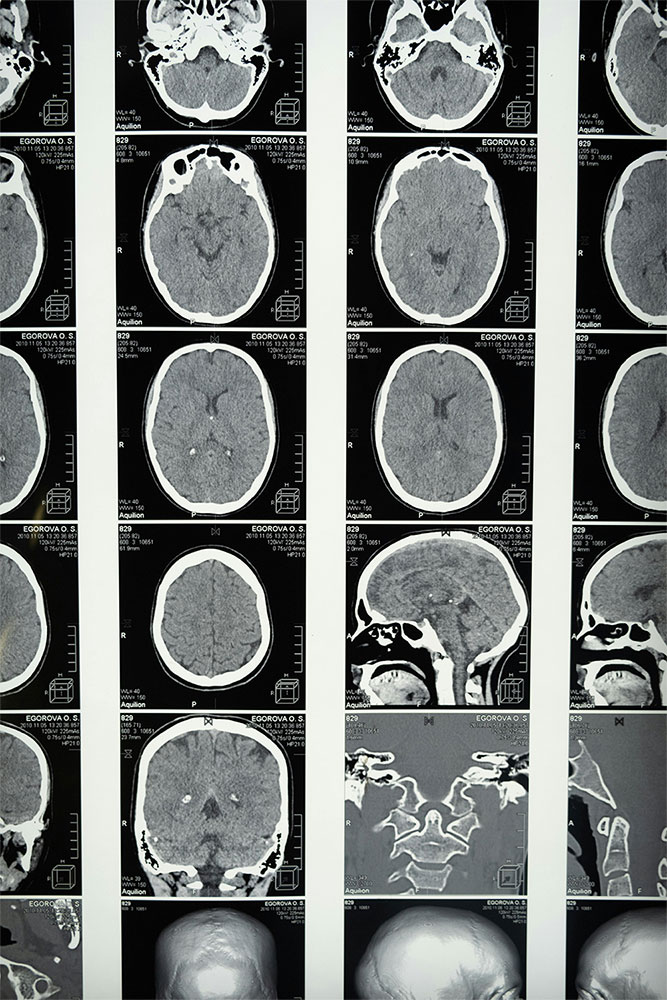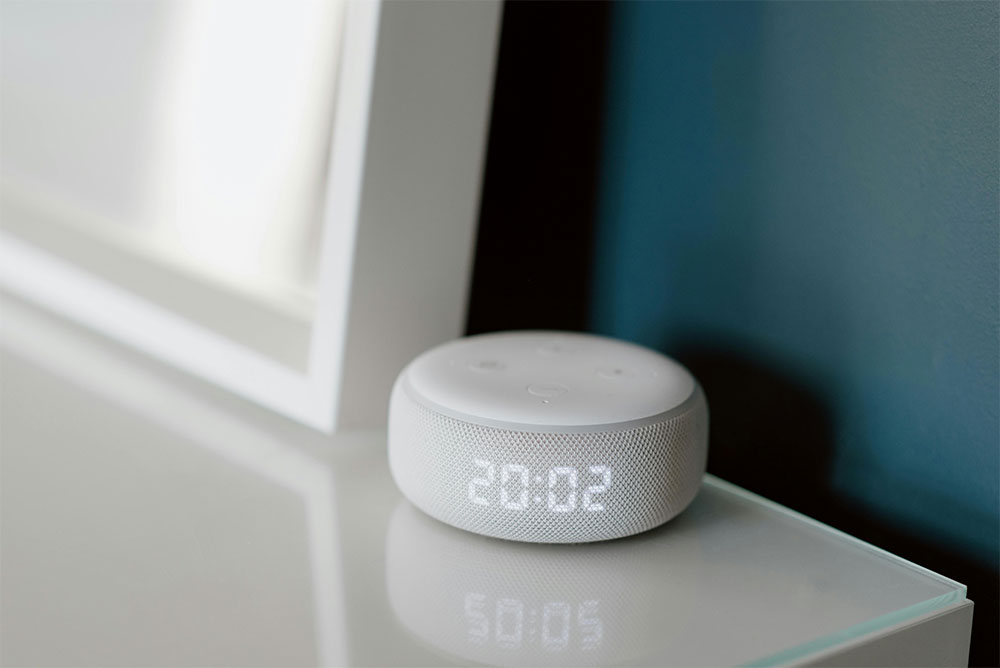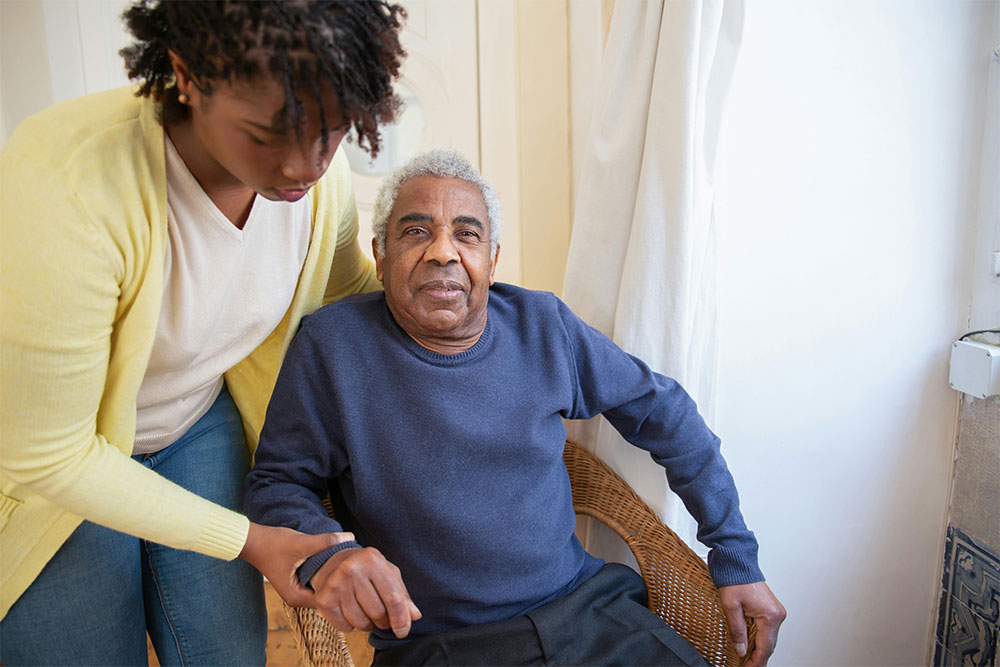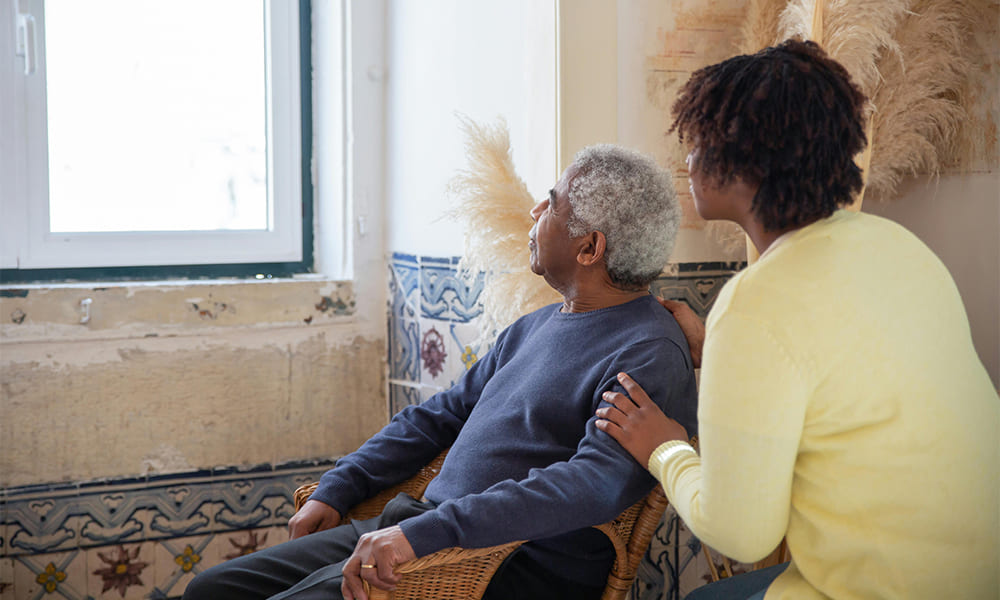
Christopher Ravn
Key Takeaways
1. Learn about dementia to provide better care and support, exercising patience and empathy toward your parents' frustrations and fears.
2. Establish a routine and structure to reduce anxiety and confusion, using simple language and avoiding correction or argumentation during communication.
3. Seek support from healthcare professionals and support groups to maintain your mental and emotional health while caring for your parent with dementia.
Table of Contents
1. How To Deal With Dementia In A Parent
2. Dementia Symptoms And Progression
3. What Are The Signs That Dementia Is Getting Worse?
4. What Time Of Day Are Dementia Symptoms Difficult To Handle?
5. How To Cope With A Parent With Dementia
6. Techniques To Care And Support Dementia Patients Within The Family
7. How To Help Parents With Dementia?
8. What Should You Not Say To Elderly Parents With Dementia?
9. What Are The Best Rules To Follow With A Dementia Parent?
10. How To Live With A Parent With Dementia
11. The Importance Of A Daily Routine For Someone With Dementia
12. The Role Of Sensory Stimulation And Physical Exercise
13. Is It Better To Keep Elderly Parents With Dementia At Home?
14. Frequently Asked Questions About How To Deal With Dementia In A Parent
How To Deal With Dementia In A Parent
- Educate yourself: Understand how dementia affects a person, including symptoms, behavioral changes, and challenges your parent may face. This knowledge enables better care and support.
- Have patience and empathy: Exercise patience and empathy toward your parents, recognizing their frustration and fears. Navigate with love, kindness, and understanding, as difficult behaviors may arise.
- Establish a routine and structure: Provide a predictable routine to reduce anxiety and confusion. Maintain consistency in daily activities and schedules for comfort and stability.
- Communication: Use simple, clear language and avoid correcting or arguing with them. Adjust your approach to speaking, validate their feelings, and reassure them that everything is fine.
- Seek support: Ensure support from healthcare professionals, attend support groups, or utilize other care services. Prioritize your mental and emotional health to effectively care for your parents.
Dementia Symptoms And Progression
It’s critical to comprehend the effects of dementia on affected people or their families. One needs to understand that dementia is a neurological issue that causes a gradual decline in cognition, thus affecting memory, reasoning, communication, and daily activities. There are many stages related to dementia:
- Early stage: At this stage, a person may have mild cognitive changes, such as sometimes forgetting things or having difficulty finding words.
- Middle stage: Symptoms may be more prevalent, and individuals may struggle to manage tasks like finances, preparing meals, or remembering appointments. Changes in behavior, mood swings, and confusion may also become noticeable in those with dementia.
- Late stage: At this stage, individuals will have severe cognitive issues and will require significant care and support with daily activities. Severe memory loss and limited communication are evident, and mobility is also affected. Individuals with dementia become highly dependent on caregivers for their needs.
What Are The Signs That Dementia Is Getting Worse?
To know if dementia is worsening, it is important to understand the signs of deterioration. Here are some indicators:
- Memory loss: Severe and frequent forgetfulness affecting daily routines and safety.
- Difficulty with tasks: Issues with tasks like bathing, dressing, or using household utensils.
- Behavioral changes: Agitation, aggression, apathy, wandering, or hallucinations.
- Communication issues: Difficulty finding words, following conversations, or understanding instructions. Thus, it is important to incorporate speech therapy memory activities for adults.
- Physical decline: Severe decline in mobility leading to falls and other mobility issues. Infections, dehydration, and medication side effects may also contribute to changes in symptoms.
To manage sudden changes in deterioration, maintaining a consistent routine, providing a calm and supportive environment, and ensuring proper hydration and nutrition are essential. Additionally, staying in communication with healthcare professionals is crucial for addressing any emerging issues.
What Time Of Day Are Dementia Symptoms Difficult To Handle?
In psychiatry, there is a term called sundowning that refers to the time of day when those with dementia may experience symptoms such as confusion, agitation, and restlessness, typically occurring in the late afternoon or early evening. It can be challenging for caregivers and family members to manage. Several factors contribute to sundowning, including fatigue, issues with circadian rhythm, darkness, and changes in lighting and noise levels.
Here are some ways for caregivers to manage sundowning symptoms:
- Establish a routine: Ensure a consistent routine is in place, providing predictable activities, meal times, and bedtime routines to reduce anxiety and confusion for those with dementia.
- Create a calm environment: Minimize noise, clutter, and distractions in the evening. Dimming lights can help create a relaxed atmosphere and promote a sense of calmness.
- Introduce relaxation techniques: Engage in calming activities such as listening to soothing music, gentle stretching, or practicing mindfulness to reduce agitation and restlessness.
- Monitor medications: Be vigilant for medications that may cause agitation or confusion during the evening. Consult a healthcare professional to review medication effects and address any side effects experienced.
How To Cope With A Parent With Dementia
Coping with a parent with dementia can pose a lot of strife and challenges. However, there are some methods that can provide support and create a safe environment:
- Emotional support: There are moments when taking care of a parent with dementia can be very overwhelming and stressful. Therefore, seek support from friends, family, or other support groups that will provide you an outlet to regulate your emotions. Also, remember to take breaks when needed to avoid burnout.
- Supportive environment: Create a safe and familiar environment for your parent. Ensure that the area has a simple layout to minimize confusion and agitation, and make sure that all basic items are accessible.
- Coping with behavioral changes: It is normal to witness changes in behavior and personality in dementia patients. Hence, be patient and empathetic, and focus on distracting your parent rather than correcting or arguing with them.
- Recognize aggressive behavior: If you see any signs of aggression or agitation in your parent, such as pacing or verbal outbursts, learn to remain calm. Understand their emotions and identify triggers for their behavior, then redirect their attention. If it becomes difficult, ensure you seek professional help and support.

Techniques To Care And Support Dementia Patients Within The Family
Here are some techniques to care for and support dementia patients within the family. Remember that you will need to have a lot of patience, compassion, and strategies to help with daily tasks:
- Maintain routine: Ensure there is a daily routine set up to provide proper structure and stability for those suffering from dementia. Consistency helps reduce confusion and anxiety.
- Come up with simple tasks: Break down daily tasks into simple, instructable steps and provide reassurance throughout the routine.
- Encourage independence: Allow the individual to perform tasks on their own and provide assistance where needed.
- Create a safe environment: Remove hazardous objects to minimize accidents and ensure pathways are easily accessible without any obstructions.
- Promote dignity: Allow them autonomy and make decisions that enable them to express themselves and engage in social interaction.
- Have patience and compassion: Practice patience, empathy, and understanding when providing care. Remember that a person with dementia may experience confusion and frustration, so respond with kindness and patience.
How To Help Parents With Dementia?
- Educate yourself: Firstly, you need to learn about dementia and understand its symptoms and progression. By knowing more about the condition, you will be able to provide better care and support.
- Learn empathy: Practice patience and empathy with those who are suffering from dementia. Your parent may feel frustrated and confused, so it’s important to approach them with understanding and compassion.
What Should You Not Say To Elderly Parents With Dementia?
When talking to an elderly parent with dementia, always remember not to use certain phrases or exhibit certain behaviors that may confuse or stress them:
- Try not to correct or contradict: When a parent says something wrong or illogical, avoid correcting or contradicting them. Simply listen to them, and validate their feelings, and experiences.
- Try not to interrupt: Avoid rushing or interrupting your parent during conversation. Ensure they have plenty of time to communicate and respond at their own pace.
- Do not use complex language: Avoid using abstract or complicated language that may be difficult for your parent to understand.
- Do not antagonize them: Show respect towards your parent and communicate with them respectfully. Avoid being condescending or patronizing, and treat them as an adult. Speak in a calm and reassuring manner.
We Believe Prioritizing Brain Health Enhances Your Quality Of Life
Get to know our team, our mission and how our EVY LIGHT® can provide you and your loved ones with a fuller life, letting you breathe a little easier.
What Are The Best Rules To Follow With A Dementia Parent?
When it comes to knowing what’s best to handle a parent with dementia, it is essential to follow these guidelines:
- Use simple language: Use clear and easy-to-understand language so that your parent can comprehend. Avoid complex sentences or abstract concepts, and break down communication into simple, understandable terms.
- Have patience: Allow your parent to take their time to process information and respond. Avoid rushing or interrupting them, and offer encouragement as needed.
- Use non-verbal cues: Pay attention to their facial expressions, body movements, and tone of voice. Be gentle and maintain eye contact when providing support.
- Validate feelings: Ensure that your parent’s feelings are validated, even when they are confused or behaving irrationally. Offer comfort and support, and acknowledge their emotions when they seem distressed.
By following these best practices, you can foster positive and meaningful interactions with your parent with dementia, promoting their well-being and enhancing their quality of life.
How To Live With A Parent With Dementia
When living with a parent with dementia, you will need to make sure that the environment is safe and supportive:
- Home safety: Make modifications in your home to accommodate your parent’s cognitive changes. Install grab bars in the bathrooms, use non-slip mats, and ensure proper lighting throughout the house.
- Simple living spaces: Create simple living spaces to reduce confusion and promote independence. Declutter areas and place items in easily accessible locations.
- Establish routines: Establish easy-to-follow routines to provide stability for your parent. Have regular meal times, a consistent medication schedule, and bedtime routines to create a sense of orientation.
- Use memory aids: Place calendars, clocks, and sticky notes around the house to help your parent remember important times and dates.
- Emotional support: Be supportive and reassuring when issues arise, as coping with dementia can be challenging for your parent. Show understanding and empathy, and let them know that their feelings are heard.
The Importance Of A Daily Routine For Someone With Dementia
One may wonder why it is important to have a daily routine for someone with dementia. This is because they need structure, consistency, and a sense of comfort. Providing a routine mitigates anxiety, confusion, and agitation while enhancing their overall well-being.
Here are a few reasons why it is important to provide a daily routine to someone with dementia:
- Security: A routine provides comfort, security, and familiarity, helping dementia patients feel more comfortable and safe in their surroundings.
- Independence: A structured routine enables those with dementia to perform tasks on their own, boosting their confidence and promoting autonomy.
- Reduce behavioral traits: Engaging in daily activities and routines helps reduce emotions such as agitation and sundowning, providing a sense of purpose and order.
Incorporating daily schedules for parents with dementia helps stimulate their mind and body.
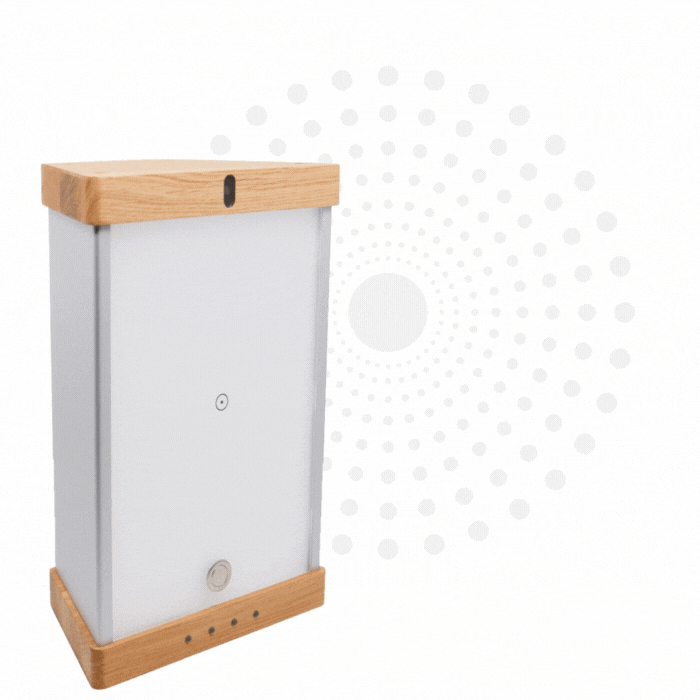
Enhance your brain performance through the power of light.
Comfortable and easy to use 40Hz light therapy to support and improve your brain function.
View Our LightThe Role Of Sensory Stimulation And Physical Exercise
The role of sensory stimulation and physical exercise plays a crucial role in optimizing the well-being and quality of life of dementia patients.
For patients in the early stages of dementia, participating in activities that stimulate their senses and promote cognitive functions is important. This may include activities such as listening to music, feeling textured objects, gardening, and engaging in aromatherapy. Additionally, physical exercises such as walking, tai chi, and simple yoga exercises may help promote mood and overall well-being.
In the middle stages of dementia, it is important to incorporate activities that enhance cognitive function and promote social interaction. Playing with simple puzzles, engaging in therapy activities, and participating in group exercises like dance or chair yoga may help stimulate cognitive function and promote cognitive acuity.
In the late stages of dementia, engaging in sensory stimulation becomes even more important due to cognitive decline. Gentle touch, playing soothing music, and aromatherapy may help dementia patients feel comforted and relaxed. Simple stretching exercises may also help with mobility and prevent stiffness in the body.
Is It Better To Keep Elderly Parents With Dementia At Home?
It is a very critical decision when deciding to keep an elderly parent with dementia at home. Moreover, it is important to ensure that there is professional care, and one needs to consider the pros and cons of this decision:
Home care:
- Pros: By providing home care, your parents may feel a sense of familiarity, have personalized services, have family around them, and lower costs.
- Cons: However, caregivers may face a lot of stress because their social interaction is limited, and there is a lack of professional care.
Professional care:
- Pros: There is constant specialized care with trained staff being around, providing customized activities, social interactions, and breaks for the family.
- Cons: It will take a while for dementia patients to adjust to their surroundings, and they may feel lonely. The caregivers may also incur more costs and have less control over what is happening in their parents’ daily lives.
When making a decision, one needs to think about safety, the level of care, whether there are caregiver services available, and financial resources. There needs to be periodic assessments of patients’ needs and communication between family members and healthcare professionals to help provide assistance and overall well-being. That is why it is important to learn how to talk to someone with short-term memory loss.
Learn What Others Have Experienced with EVY Light
See how others have achieved a sharper mind by activating their gamma brainwaves in combination with maintaining a healthy lifestyle.


































